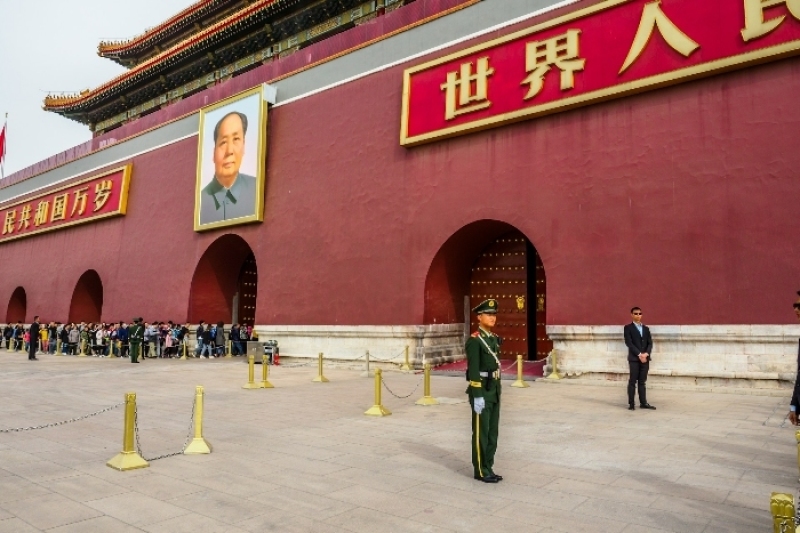
Amnesty International’s annual report on global capital punishment has named China as the world’s leading executioner, estimating that thousands were put to death in the country in 2024.
The report recorded at least 1,518 executions worldwide in 2024, marking the highest number in a decade and representing a 32% increase from the previous year. This figure does not include executions in China, North Korea, and Vietnam, where the death penalty is believed to be extensively used but remains difficult to verify due to government secrecy.
China’s secretive death penalty system, along with its ongoing persecution of religious minorities such as Christians, Uyghur Muslims, and Falun Gong practitioners, positions it as a major focus of international human rights criticism.
The report identified China as one of the countries that frequently uses the death penalty, including for drug-related offenses, and accused its government of executing religious minorities to harvest and sell their organs. China also continues to detain millions of Uyghur Muslims in camps.
Amnesty stated that “drug-related executions made up over 40% of all executions in 2024” and included China among the countries responsible. Alongside Iran, Saudi Arabia, Singapore, and Vietnam, China carried out death sentences for narcotics offenses, which Amnesty considers unlawful under international law. The human rights group noted that such penalties disproportionately impact those from disadvantaged backgrounds and have no proven effect on reducing drug trafficking.
The report described China’s continued extensive and secretive use of the death penalty as a practice that prevents accountability and distorts the global understanding of capital punishment trends.
Concerning the rest of the confirmed executions, Amnesty reported that “Iran, Saudi Arabia and Iraq accounted for more than 90% of the documented executions.” Iran alone executed “at least 972 people — nearly two-thirds of all known executions globally,” while Saudi Arabia carried out “at least 345, more than doubling its total from the previous year.” Iraq quadrupled its executions to at least 63.
Amnesty highlighted that Iran continues to suppress religious dissent under the guise of “national security,” with converts from Islam, especially to Christianity, being labeled threats and targeted accordingly.
Saudi Arabia used capital punishment to silence political dissent and punish members of the Shi’a Muslim minority who participated in protests from 2011 to 2013. Blasphemy and apostasy remain capital crimes in Saudi Arabia. The country bans public worship of non-Islamic faiths, and any deviation from official Islamic practice is closely monitored. Despite statements of reform, Saudi Arabia surpassed all previous records with its 2024 execution count.
In Malaysia, reforms enacted in 2023 resulted in over 1,000 death row inmates—many convicted of drug charges—being spared from execution. Zimbabwe also signed a bill in 2024 abolishing the death penalty for ordinary crimes, with several other African nations moving toward abolition since 2021.
Despite the overall surge in executions, Amnesty noted that “only 15 countries were confirmed to have used the death penalty in 2024”—the lowest number on record for the second consecutive year. Currently, a total of 145 countries have abolished capital punishment either in law or in practice.

















